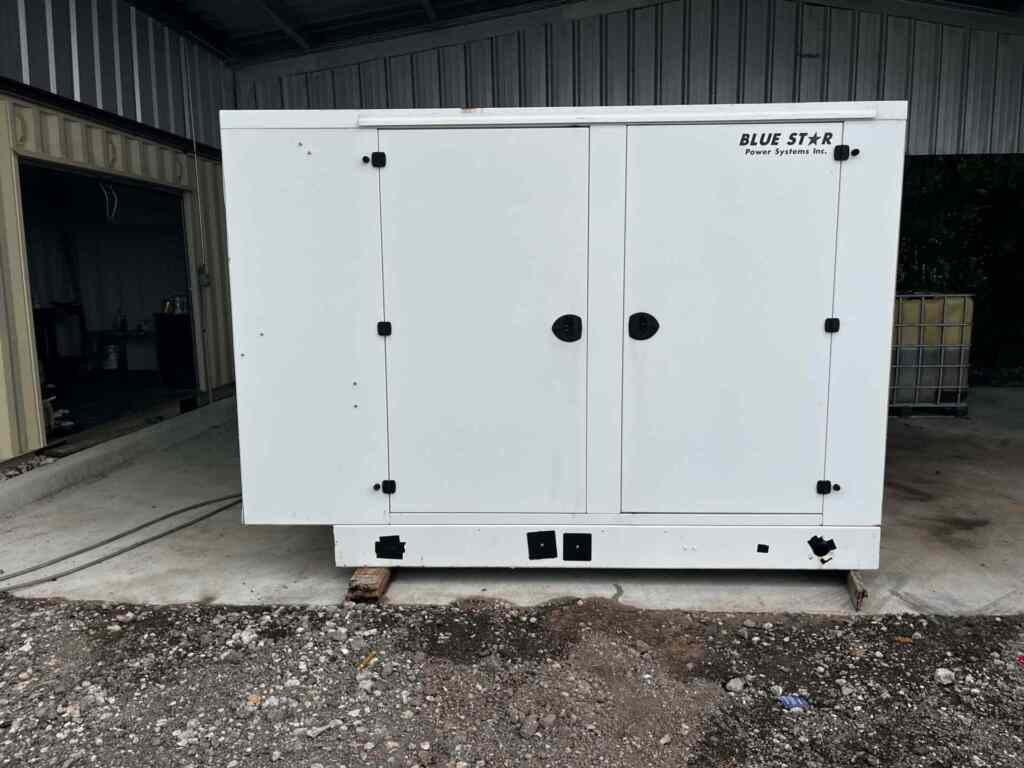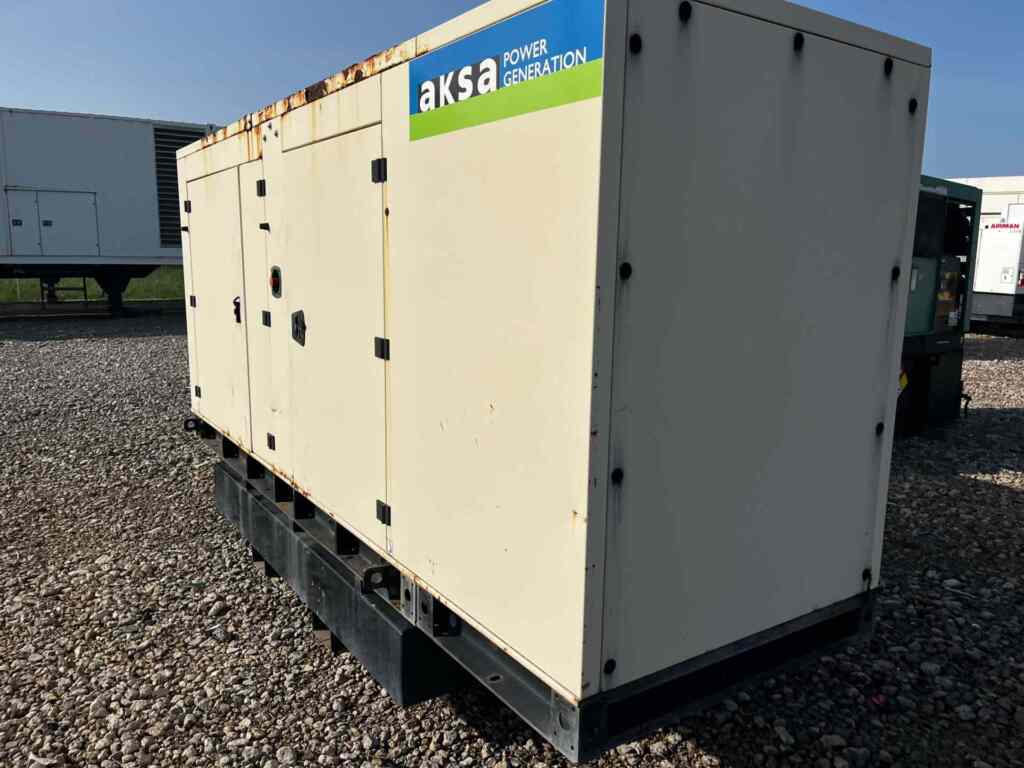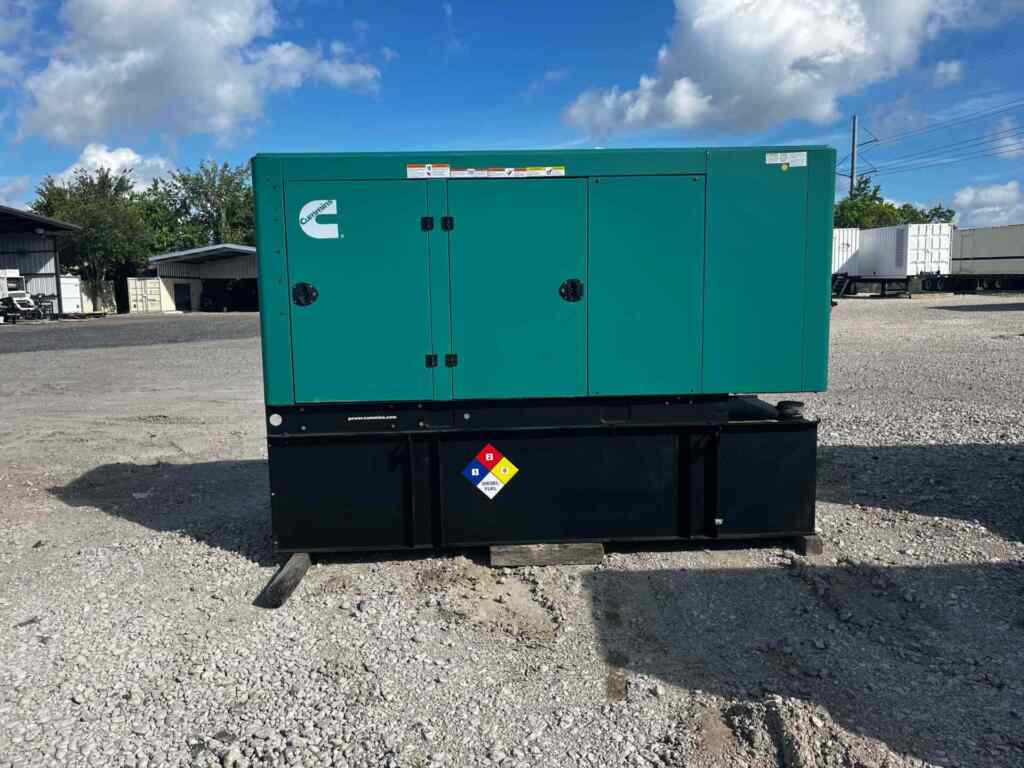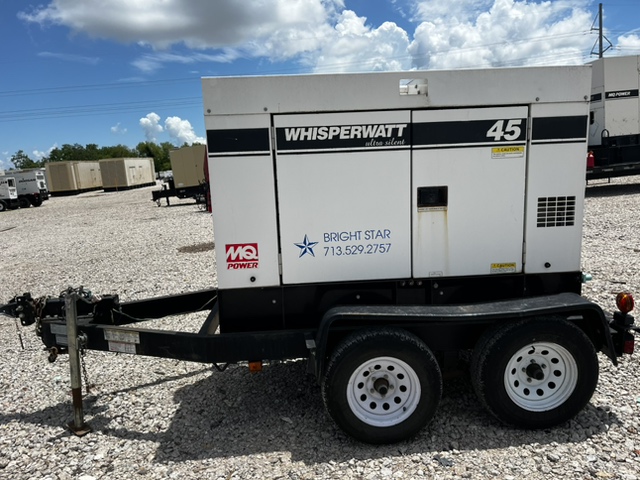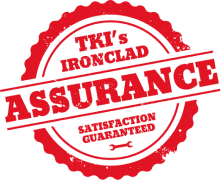Every time you turn on a faucet, you tap into a sophisticated water refinery that never sleeps. Modern power plant water treatment facilities work tirelessly, transforming raw water into safe, drinkable water for millions. But what happens when the power fails? Emergency generators paired with water systems become critical assets, keeping the treatment process operational and protecting public health during outages. These powerful machines are ready to activate immediately, ensuring that clean water remains accessible during unexpected disruptions.
The Critical Role of Water Treatment Plants
Water treatment plants are vital infrastructure that convert raw water into potable water. These power plant water treatment facilities remove various contaminants, including suspended solids, microorganisms, and minerals through a multi-stage process:
- Pre-chlorination: Prevents algae growth and stops harmful organisms.
- Aeration: Removes iron and small amounts of manganese from the water.
- Coagulation and Flocculation: Helps small particles stick together for easier removal.
- Sedimentation: Allows clumped particles to settle out of the water.
- Filtration: Removes remaining particles using special filters.
- Disinfection: Kills any remaining harmful bacteria and viruses.
Each stage relies on electrical power for pumps, control systems, and equipment. A power failure at any point can disrupt the entire process, potentially compromising water quality and safety.
How Can Power Outages Affect Water Treatment?
When a water treatment plant loses power, the consequences can be severe and widespread. The potential effects include:
- Stoppage of water treatment and distribution processes;
- Loss of water pressure in the distribution system;
- Depletion of treated water reserves;
- No water supply for drinking, bathing, or cleaning;
- Lack of water for fire safety systems and firefighting efforts;
- Disruption of industrial water supply for machines;
- Potential contamination of the water supply; and
- Failure of security systems, increasing vulnerability to threats.
These consequences highlight the critical need for reliable backup power in water treatment facilities. Emergency generators ensure continuous operation, maintain water quality, and protect public health and safety during outages. They also keep vital security systems running, safeguarding against potential threats to the water supply.
Why Power Plant Water Treatment Needs Emergency Generators
Major water treatment facilities across the United States, such as the Los Angeles Department of Water and Power, New York City Water Supply System, and Chicago Water Management, rely on robust emergency power solutions to maintain critical operations. These systems, serving millions of residents, underscore why emergency generators are essential for power plant water treatment. Emergency power solutions:
- Ensure continuous water supply during outages, preventing service disruptions.
- Maintain all stages of water treatment, protecting water quality and public health.
- Preserve water pressure in distribution systems, preventing contaminant infiltration.
- Help facilities meet regulatory requirements and avoid penalties.
- Protect sensitive equipment from damage due to sudden power loss.
- Guarantee water availability for firefighting and other emergencies.
- Demonstrate preparedness, building public trust and community support.
By investing in emergency generators, water treatment plants ensure operational resilience, maintain service quality, comply with regulations, and protect assets as well as public health. This proactive approach strengthens their position as essential community service providers and safeguards the continuous supply of clean, safe water.
What Types of Generators Are Best for Water Treatment Plants?
Emergency power systems are vital for water treatment facilities to maintain operations during outages. Various generator types offer distinct benefits, each suited to different facility requirements. Let’s examine the most common options:
| Feature | Diesel Generators | Natural Gas Generators | Spark Ignited Generators |
| Power Capacity | 50 kW to 2000+ kW | Similar to diesel | Up to 1175 kW |
| Reliability | High | Moderate | Moderate to High |
| Fuel Availability | Widely available | Depends on gas line access | Depends on fuel type |
| Environmental Impact | Higher emissions | Lower emissions | Lower emissions |
| Startup Time | Quick | Quick | Quick |
| Maintenance | Regular | Less frequent | Regular |
Diesel generators are often preferred for their reliability and ability to handle heavy loads. Natural gas generators offer cleaner operation but may be less reliable in areas prone to gas supply disruptions. Spark ignited generators provide a balance between environmental concerns and power output.
Regardless of the type, key features to consider include automatic transfer switches for seamless power transition, ease of maintenance, and sufficient fuel storage for extended runtimes. Most water treatment plants aim for 24-48 hours of full operation on generator power, with plans for longer durations if needed.
How to Choose the Right Generator for Water Treatment Plants
Selecting an appropriate generator for a water treatment facility requires careful consideration of several factors:
- Match power capacity to all essential equipment needs;
- Select between diesel or natural gas based on reliability and local supply;
- Ensure capability for 24-48+ hours of operation with adequate fuel storage;
- Meet local emission and noise regulations;
- Install multiple generators for large facilities to ensure continuous operation;
- Include automatic transfer switches for seamless power transition;
- Confirm the generator fits in the designated space and is protected from elements; and
- Consider maintenance requirements and availability of parts and services.
Conduct a thorough power audit and consult with generator experts to make the optimal choice for your facility’s specific needs.
Buying vs. Renting Generators for Water Treatment Plants
When considering emergency power solutions for water treatment facilities, managers must decide between purchasing and renting generators. Each option has its advantages as well as its disadvantages:
Buying Generators
Purchasing a generator offers long-term benefits and complete control over the equipment. Key advantages include:
- Long-term cost-effectiveness for frequent or constant use;
- Immediate availability during emergencies;
- Customization options to fit specific facility needs;
- Asset for the facility with potential tax benefits;
- Complete control over maintenance and testing schedules; and
- No rental contract limitations or availability concerns
Renting Generators
Renting a generator provides flexibility and can be a suitable option for facilities with varying power needs or budget constraints. Benefits of renting include:
- Lower upfront costs and no long-term financial commitment;
- Access to the latest generator technology without investing in upgrades;
- Flexibility to adjust power capacity based on changing needs;
- Maintenance and repairs typically handled by the rental company;
- Ideal for temporary power needs or during permanent generator maintenance; and
- No storage or long-term maintenance concerns for the facility
The decision to buy or rent depends on budget, usage frequency, maintenance capacity, and long-term plans. Water treatment plants should evaluate their needs and consult experts to determine the best option.
Maintenance and Testing of Emergency Power Systems
To ensure reliability, emergency power systems in water treatment plants require regular maintenance and testing. A comprehensive program should include:
- Conduct regular visual inspections to identify potential issues early;
- Perform periodic load bank tests to simulate real-world power demands;
- Test and replace fuel regularly to prevent degradation;
- Check and replace generator starting batteries as needed; and
- Train staff in proper generator operation and emergency procedures
Consistent maintenance and testing are essential for ensuring generator reliability during critical power outages.
Turnkey Industries Solutions for Water Treatment Plant Power Needs
At Turnkey Industries, we specialize in comprehensive emergency power solutions for water treatment facilities. With over 10 years of industry experience, we offer:
- Wide range of new and used generators (15kW to 2000kW) from top manufacturers;
- Rigorous equipment inspection and testing;
- Nationwide delivery services;
- Expert guidance for generator selection; and
- Competitive pricing on quality equipment
We provide comprehensive support, from power needs assessment to solution implementation and long-term maintenance. Our expertise ensures water treatment plants operate continuously during outages, protecting public health and infrastructure. Our commitment to customer satisfaction and industry knowledge enables us to support critical community services effectively.
Secure your water treatment plant’s power supply today. Contact Turnkey Industries at call 713-823-0890 or visit our website to discuss your emergency power needs and find the right solution for your facility.
 Turnkey Industries offers a variety of high-capacity
Turnkey Industries offers a variety of high-capacity 